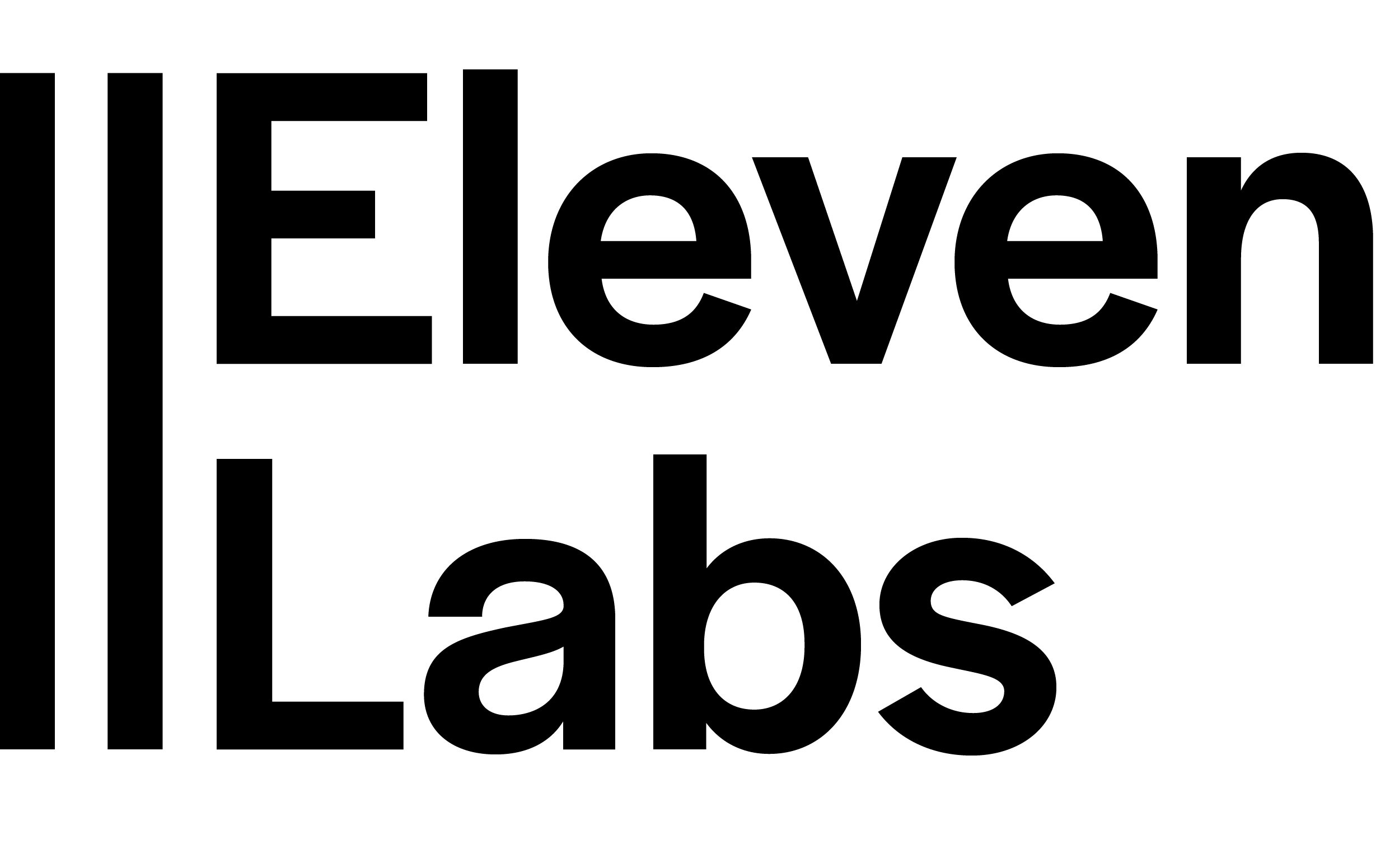The AI landscape is fiercely competitive, exemplified by the rivalry between Google's Gemini and Microsoft's ChatGPT. These titans are pushing the boundaries of artificial intelligence, potentially transforming industries and shaping our future. However, this technological arms race could exacerbate existing societal disparities. As AI advances rapidly, those without access risk being left behind. Google's monetization of Gemini suggests that advanced chatbot services could become lucrative revenue streams. This has the potential to empower businesses with AI capabilities. However, we must carefully balance accessibility and profitability to prevent creating a digital divide where AI becomes a privilege reserved for the privileged few.
## AI's Double-Edged Sword: Widening the Digital Divide
As the battle for AI supremacy intensifies between tech behemoths like Google and Microsoft, the rapid advancement of AI models such as Gemini and ChatGPT holds both promise and peril for society. While these innovations have the potential to transform industries and improve our lives, they also threaten to exacerbate existing digital disparities.
**Unchecked AI Development: A Recipe for Inequality**
Unbridled AI development could widen the digital divide in several ways:
* **Economic Disadvantage:** Automation fueled by AI could lead to job losses in sectors like manufacturing, retail, and transportation, disproportionately affecting low-wage workers.
* **Educational Barriers:** Limited access to AI-powered educational tools could widen the achievement gap, particularly for students in underprivileged communities.
* **Healthcare Inequality:** AI-assisted healthcare could exacerbate health disparities if access is not equitable, leading to poorer outcomes for marginalized populations.
* **Civic Disengagement:** Exclusion from AI-powered citizen engagement platforms could reduce political participation among those without access to the technology.
* **Psychological Challenges:** Limited access to AI-driven mental health support could worsen anxiety and depression, especially among vulnerable populations.
**The Left-Behind: Portraits of Digital Exclusion**
The digital divide affects a wide range of individuals, including:
* Low-income workers at high risk of job displacement due to automation.
* Rural communities with limited internet access, hindering their ability to reap the benefits of AI advancements.
* Older adults who face digital exclusion and may be unable to utilize AI-powered services.
* Individuals with disabilities who encounter algorithmic biases that limit their access to AI-driven applications.
* Low-resource countries that lack the infrastructure necessary to support AI development and adoption.
**Bridging the Divide: A Call for Action**
To address the growing digital divide, proactive measures are imperative:
* Governments and policymakers must implement policies and initiatives that ensure equitable access to AI for all citizens.
* Investment in digital infrastructure is crucial to connect underserved communities and provide them with the foundation for AI utilization.
* The well-being of all individuals in the digital age must be prioritized, with attention paid to the potential negative impacts of AI.
Balancing innovation with equity is essential to harness the transformative potential of AI for all. Collaboration between tech companies, policymakers, and civil society organizations is key to developing inclusive AI algorithms and promoting responsible utilization. By working together, we can create a future where AI empowers individuals and drives societal progress, leaving no one behind.

 natural ai speech synthesis
natural ai speech synthesis